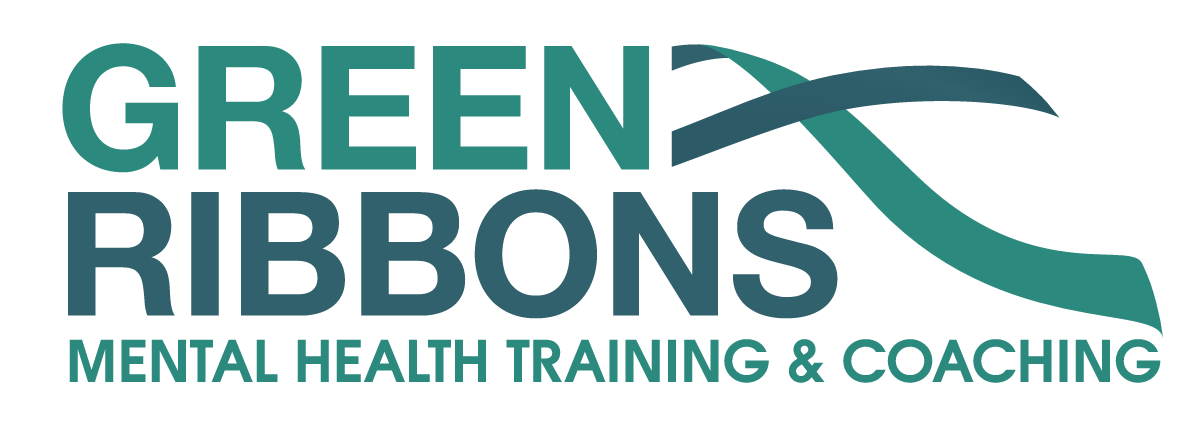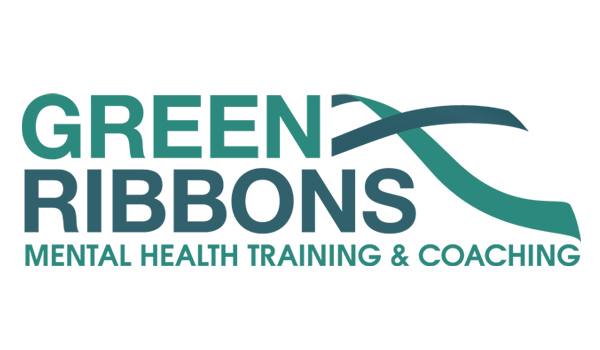Introduction
As a Mental Health Trainer and Coach, I’ve seen firsthand how Mental Health First Aid can be a game-changer. In this day and age, mental health has become a critical topic that affects every single one of us. As the old saying goes, “There’s no health without mental health,” and that’s something we can’t afford to ignore. Scotland’s Mental Health First Aid (SMHFA) training is a powerful tool that fosters personal growth, transforms lives, and has a profound impact on the community as a whole.
In this article, we’ll briefly look into why Scotland’s Mental Health First Aid matters, exploring its impact on personal growth, life transformations, and community well-being. We’ll also touch on the benefits of SMHFA training and how it can lead to a more compassionate and supportive society. By the end of this article, you’ll see why this training is an essential investment for individuals and communities across Scotland. This is a beginners guide: Why Scotland’s Mental Health First Aid Matters: Personal Growth, Lives Transformed, Community Impact.
Section 1: Personal Growth through Mental Health First Aid
Embarking on a journey with Mental Health First Aid not only benefits others but also paves the way for your own personal growth. In this section, we’ll explore how SMHFA training can boost your confidence and resilience, giving you the skills to navigate life’s challenges and enhance your relationships with those around you.
1.1 Blooming Confidence
- Gaining knowledge: Scotland’s Mental Health First Aid (SMHFA) training empowers individuals with the crucial know-how to identify, understand, and respond to mental health issues effectively. As you participate in SMHFA training, your expertise in mental health matters grows, increasing your confidence in handling such situations and supporting those in need. This newfound knowledge enables you to become a mental health advocate within your community, promoting understanding and breaking down stigmas.
- Skill development: One of the most valuable aspects of SMHFA training is the practical skill development it offers. Throughout the training, participants learn vital skills such as active listening, empathy, and non-judgemental communication. These skills not only equip individuals to provide support to those struggling with mental health issues, but they are also transferable to various aspects of life, from work to personal relationships. As a result, SMHFA training not only enhances your ability to support others but also contributes to personal growth and fosters stronger, more compassionate connections with the people around you.
1.2 Building Resilience
- Self-care strategies: SMHFA training equips you with essential self-care techniques that help you bounce back from setbacks and navigate life’s ups and downs more effectively. By learning how to manage stress, practice mindfulness, and maintain a healthy work-life balance, you’re better prepared to cope with challenges and maintain your mental well-being.
- Support networks: Knowing when to seek help and utilising your support network effectively is crucial in building resilience. SMHFA training encourages participants to reach out, forge connections, and create a support system that can offer emotional and practical assistance when needed.
Section 2: Lives Transformed by Mental Health First Aid
Mental Health First Aid has the power to transform lives in unimaginable ways. In this section, we’ll delve into how MHFA training can change perspectives on mental health, break down barriers, and empower individuals to take charge of their well-being and support others who may be struggling.
2.1 Changing Perspectives
- Breaking down barriers: SMHFA training promotes open conversations about mental health, tackling stigma head-on, and fostering acceptance. By discussing mental health issues and sharing personal experiences, people can challenge misconceptions and help create a more understanding environment.
- Creating understanding: SMHFA training fosters a deeper understanding of mental health issues, helping people see beyond stereotypes and approach others with compassion. By learning about different conditions and their effects, participants can empathise with those affected and offer genuine support.
2.2 Empowering Individuals
- Recognising the signs: SMHFA training teaches participants to identify early warning signs of mental distress, enabling them to intervene before issues escalate. Early intervention can be crucial in preventing a mental health crisis and ensuring individuals receive the support they need.
- Offering support: SMHFA-trained individuals can provide essential support to those experiencing mental health issues, guiding them towards professional help and resources. By offering a listening ear and practical advice, they can help individuals navigate their mental health journey more confidently.
Section 3: Community Impact of Scotland's Mental Health First Aid
When individuals come together to support one another, communities thrive. In this section, we’ll examine the impact of MHFA training on strengthening communities and promoting mental health awareness in Scotland. We’ll also discuss how MHFA can foster empathy and reduce isolation within communities.
3.1 Strengthening Communities
- Fostering empathy: SMHFA training cultivates empathy, enabling communities to better understand and support one another. By developing the ability to put oneself in another’s shoes, communities can create a more compassionate and inclusive environment where mental health support is readily available.
- Reducing isolation: By tackling stigma and promoting mental health awareness, SMHFA training encourages people to reach out and connect with others, reducing feelings of isolation. By building strong support networks and promoting open conversations about mental health, individuals can feel more comfortable discussing their mental well-being and seeking help when needed.
3.2 Promoting Mental Health Awareness
- Sharing knowledge: Individuals who have completed SMHFA training can share their newfound knowledge within their communities, furthering the reach of mental health awareness. By educating others and advocating for mental health support, they can contribute to creating a more understanding and inclusive society.
- Encouraging support: SMHFA training inspires a supportive environment, where individuals feel comfortable discussing mental health issues and seeking help. By fostering open dialogue and reducing stigma, people can feel empowered to reach out and access the support they need.
Section 4: The Role of Employers in Mental Health First Aid
Employers have a unique opportunity to create supportive environments for their employees. In this section, we’ll discuss the role of employers in promoting Mental Health First Aid and how they can contribute to a mentally healthy workplace. We’ll also look at the business case for investing in MHFA training and its potential impact on productivity and employee well-being.
4.1 Creating a Supportive Work Environment
- Prioritising mental health: Employers can create a culture of openness and support by incorporating SMHFA training into their workplace policies and procedures. By prioritising mental health, businesses can cultivate a more supportive and understanding work environment.
- Providing resources: Businesses can promote mental health by offering employees access to mental health resources, counselling services, and flexible work arrangements. By providing these resources, employers can help employees maintain their mental well-being and achieve a healthier work-life balance.
4.2 The Business Case for Mental Health First Aid
- Employee well-being: A mentally healthy workforce is more productive, engaged, and loyal, leading to better business outcomes. By investing in SMHFA training and prioritising mental health, employers can create a thriving and resilient workforce.
- Cost savings: Investing in SMHFA training can reduce absenteeism and turnover rates, ultimately saving businesses money in the long run. By addressing mental health concerns proactively, employers can minimise the costs associated with poor mental health in the workplace.
Section 5: Accessing Mental Health First Aid Training in Scotland
Ready to take the plunge and embark on your MHFA training journey? In this section, we’ll guide you through the process of finding the right course for your needs
5.1 Finding the Right Course
- Tailored training: Look for SMHFA courses that cater to your specific needs, whether it’s for your workplace, community group, or personal development. By choosing a course that meets your unique requirements, you can ensure the training is most effective and beneficial for you. We offer tailored courses for specific sectors. You can find out more here
- Accreditation: Ensure the course you choose is accredited by Scotland’s Mental Health First Aid. By selecting an accredited course, you can trust that the training is of high quality and adheres to national standards. Naturally, Green Ribbons, is accredited and continually monitored and evaluated by Scotland’s Mental Health First Aid.
Conclusion
Scotland’s Mental Health First Aid is a powerful tool for personal growth, life transformation, and community impact. By investing in SMHFA training, we can create a more compassionate and supportive environment, where mental health is prioritised and everyone has access to the help they need. Together, we can make Scotland a shining example of mental health awareness and support.
FAQs
How can I access SMHFA training in Scotland?
In Scotland, organisations like Green Ribbons offer SMHFA courses. We offer the standard training and a range of tailored options with sector-specific information
Is SMHFA training suitable for everyone?
Absolutely! SMHFA training is beneficial for individuals from all walks of life, including employees, managers, teachers, and community members.
How long does SMHFA training take to complete?
Typically, SMHFA courses run for two days, but there are shorter and more extensive options available, depending on your needs.
Can SMHFA training help reduce the stigma surrounding mental health issues?
Yes, SMHFA training encourages open conversations about mental health, which can help break down barriers and reduce stigma.
What is the future of SMHFA in Scotland?
The future of SMHFA in Scotland looks bright, with increasing demand for mental health services and growing awareness of the importance of mental health support. This could lead to more funding, policy changes, and expanded access to training, ensuring that SMHFA continues to make a significant impact on individuals and communities across the country.











